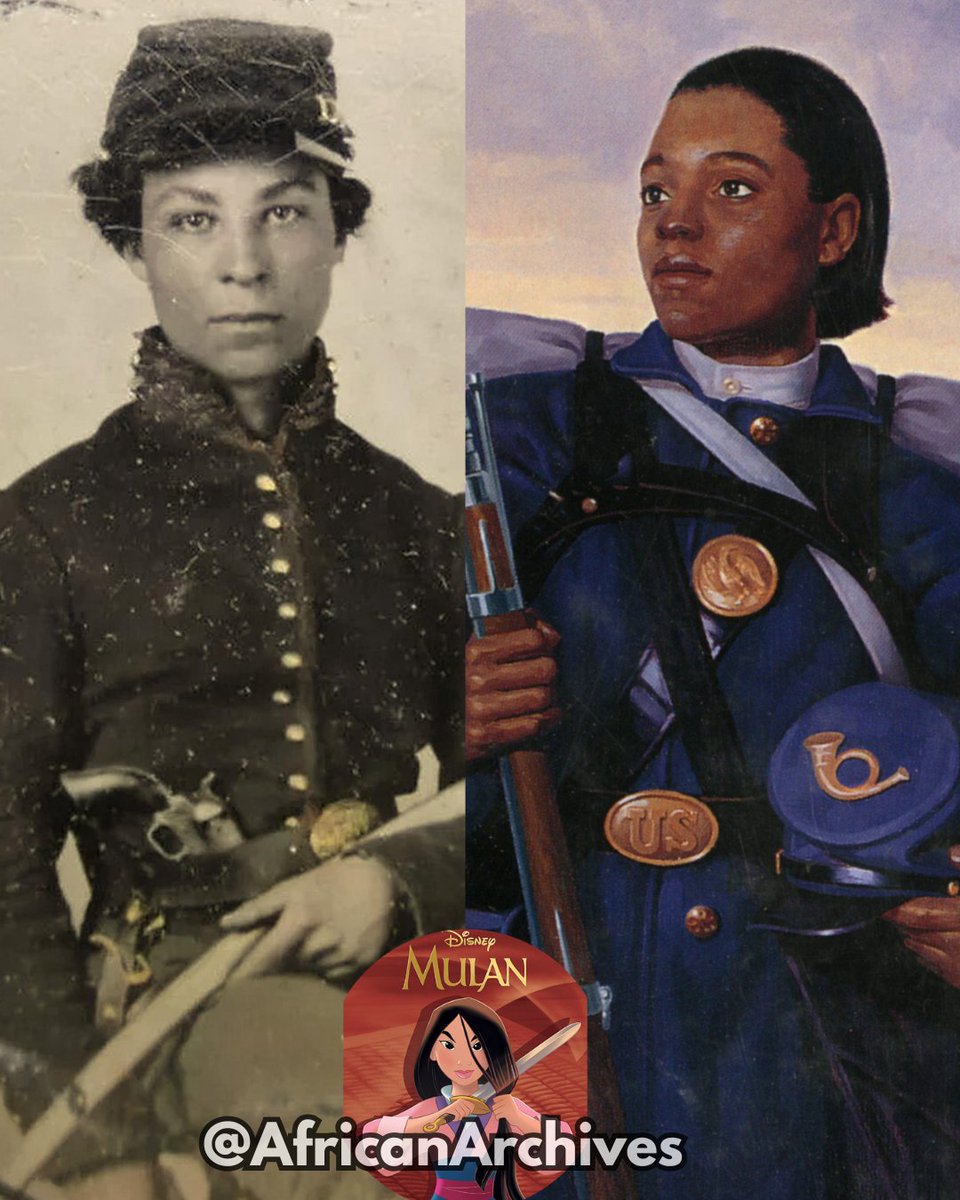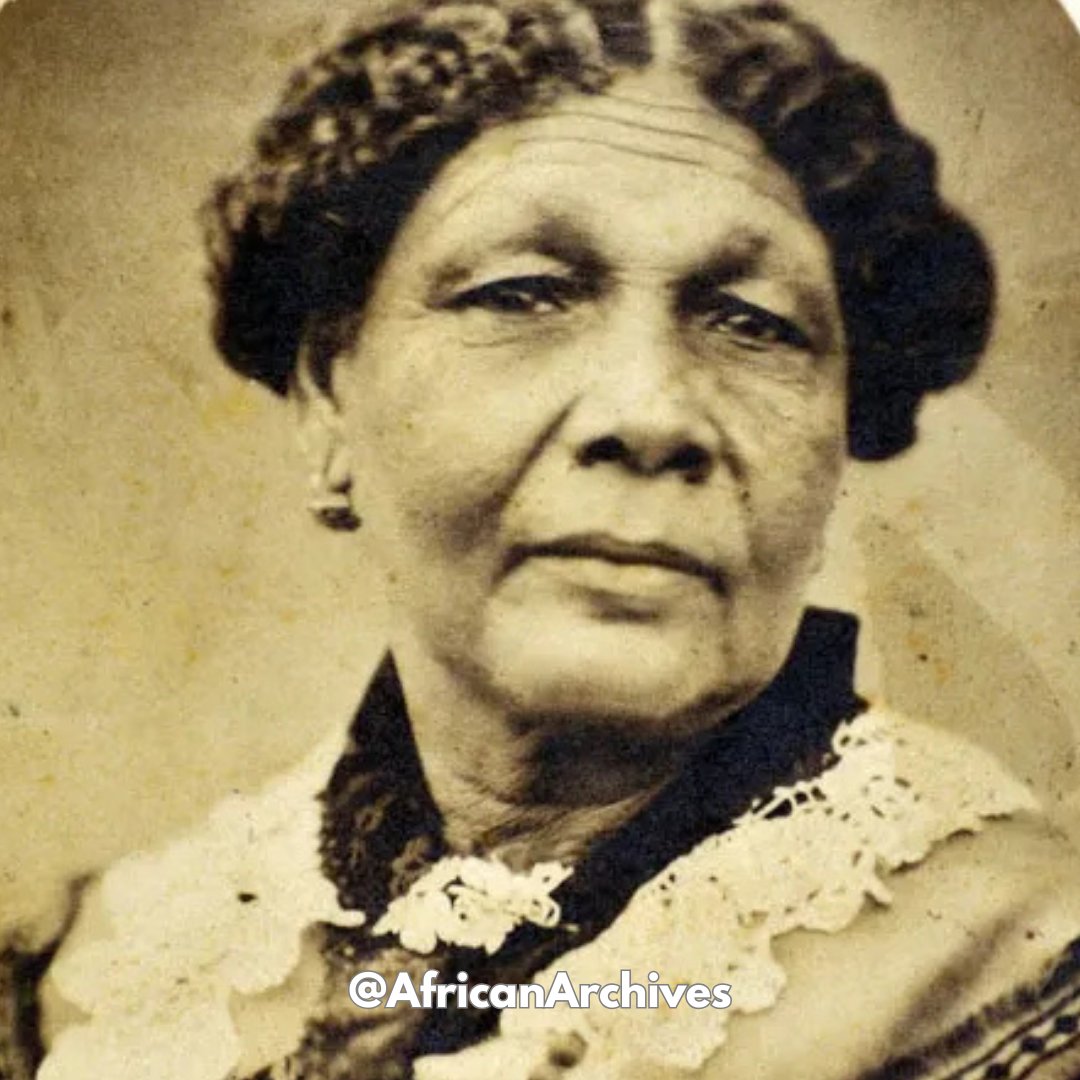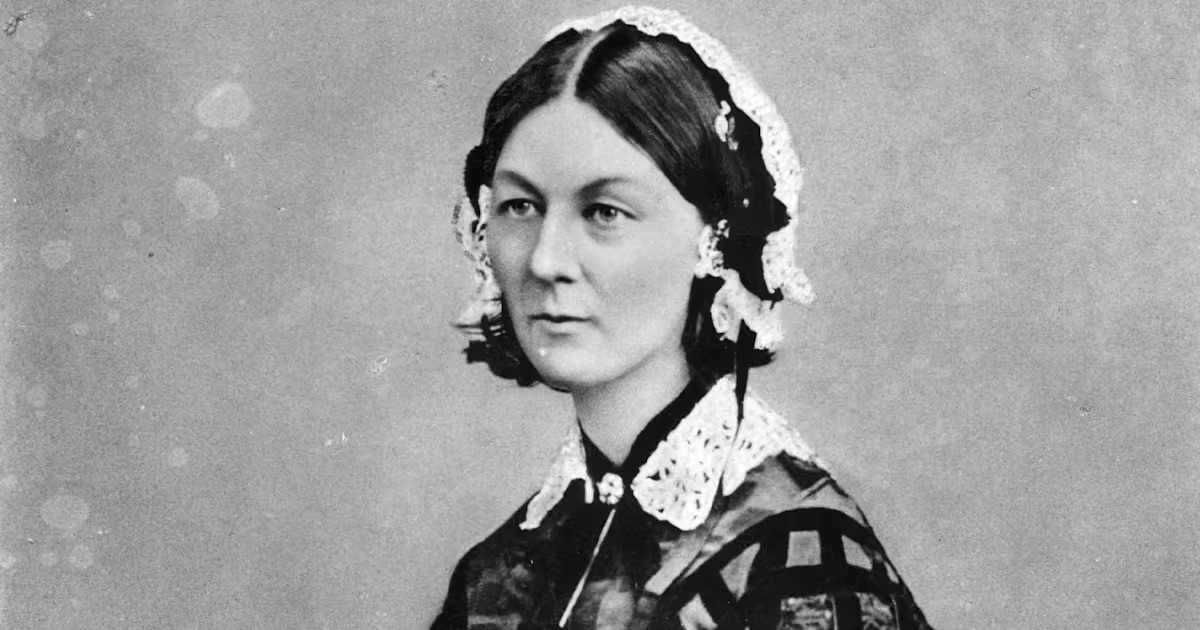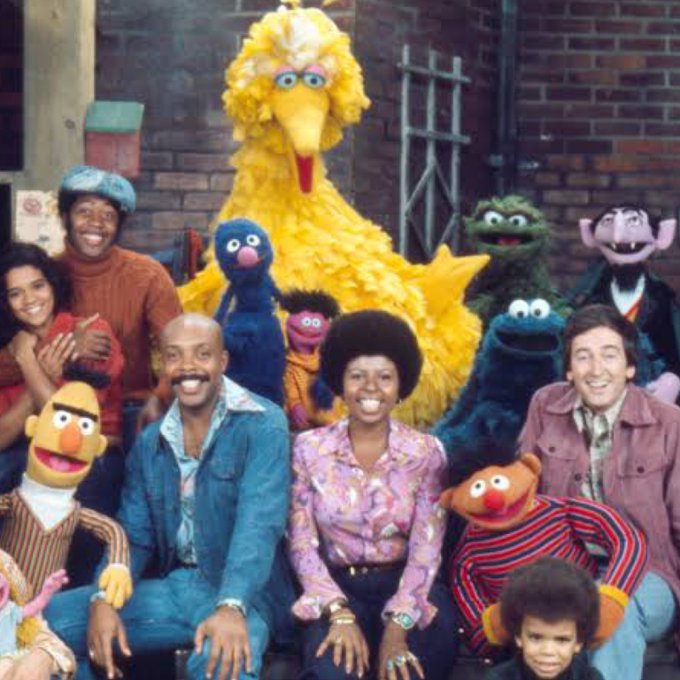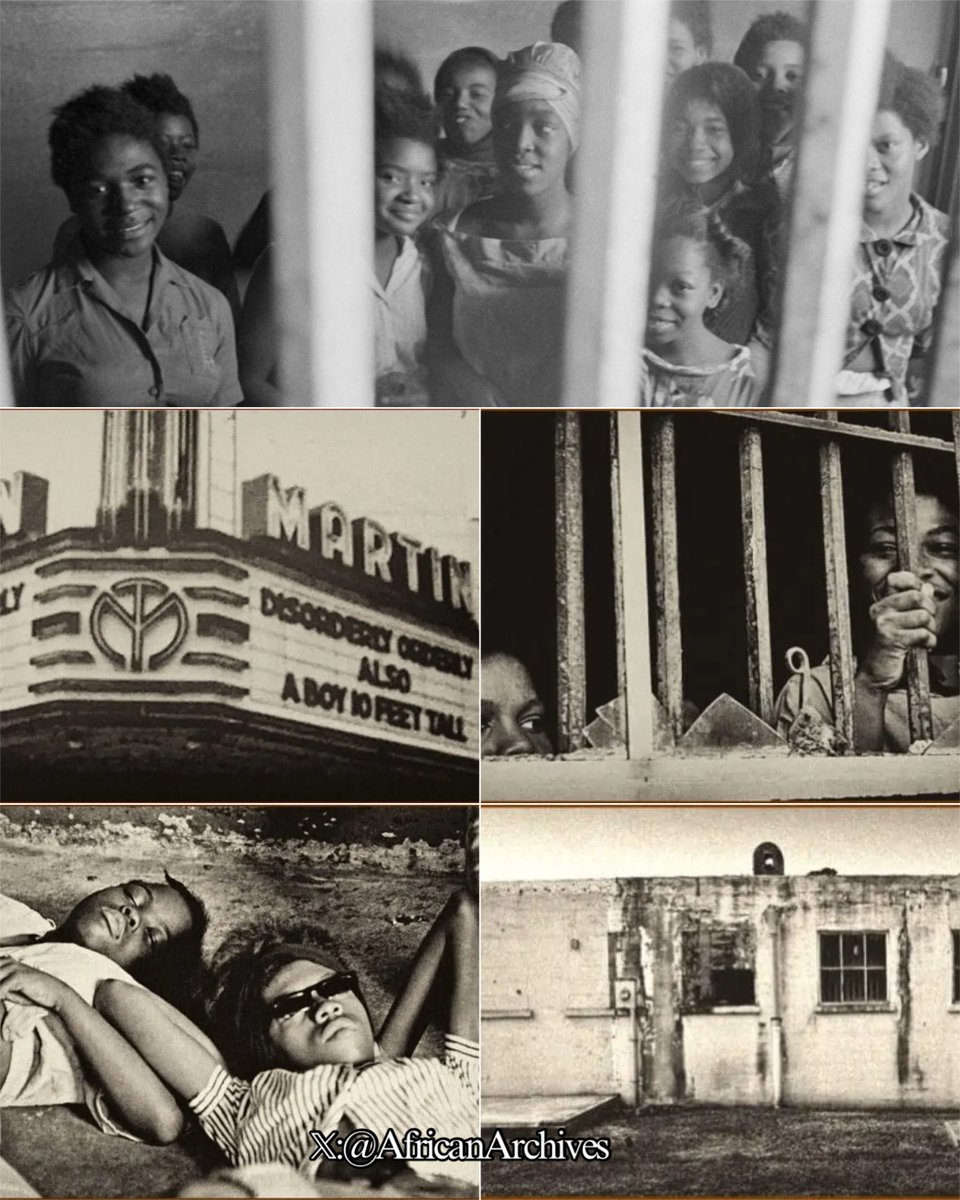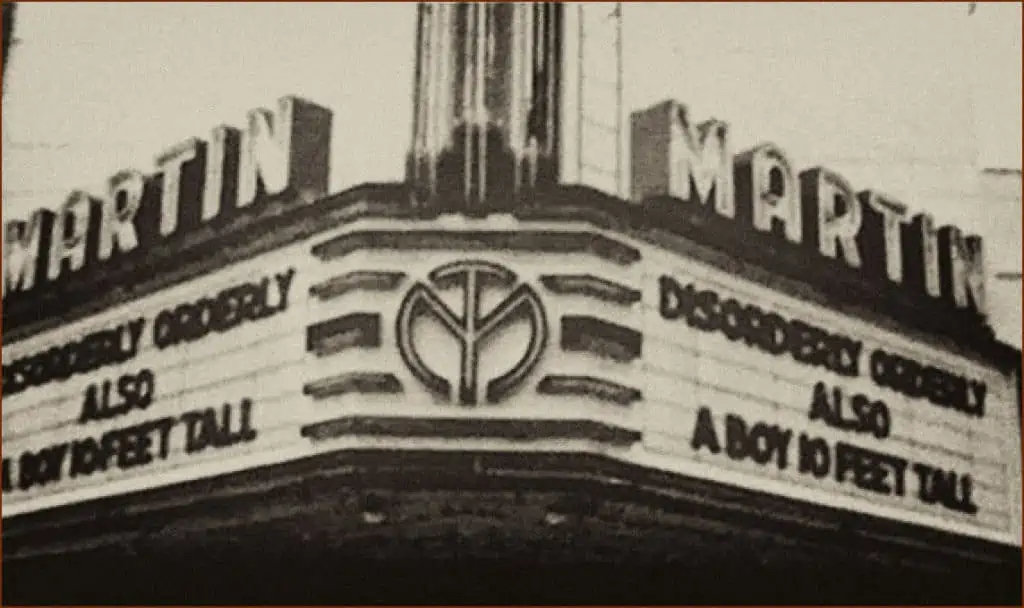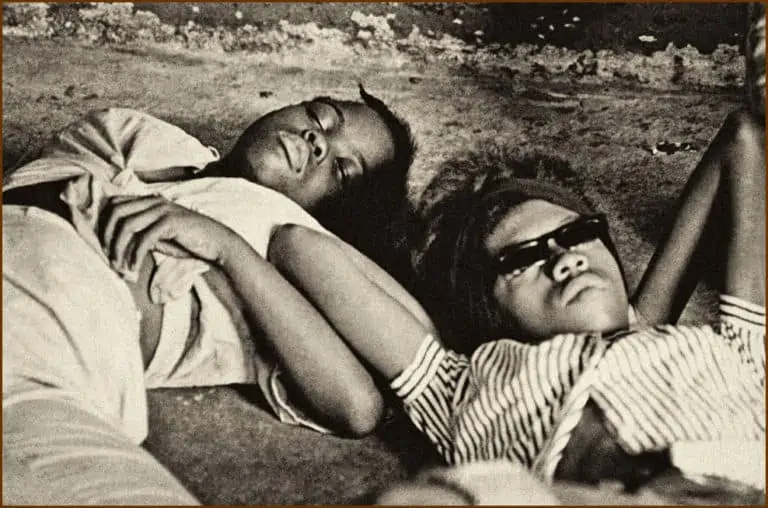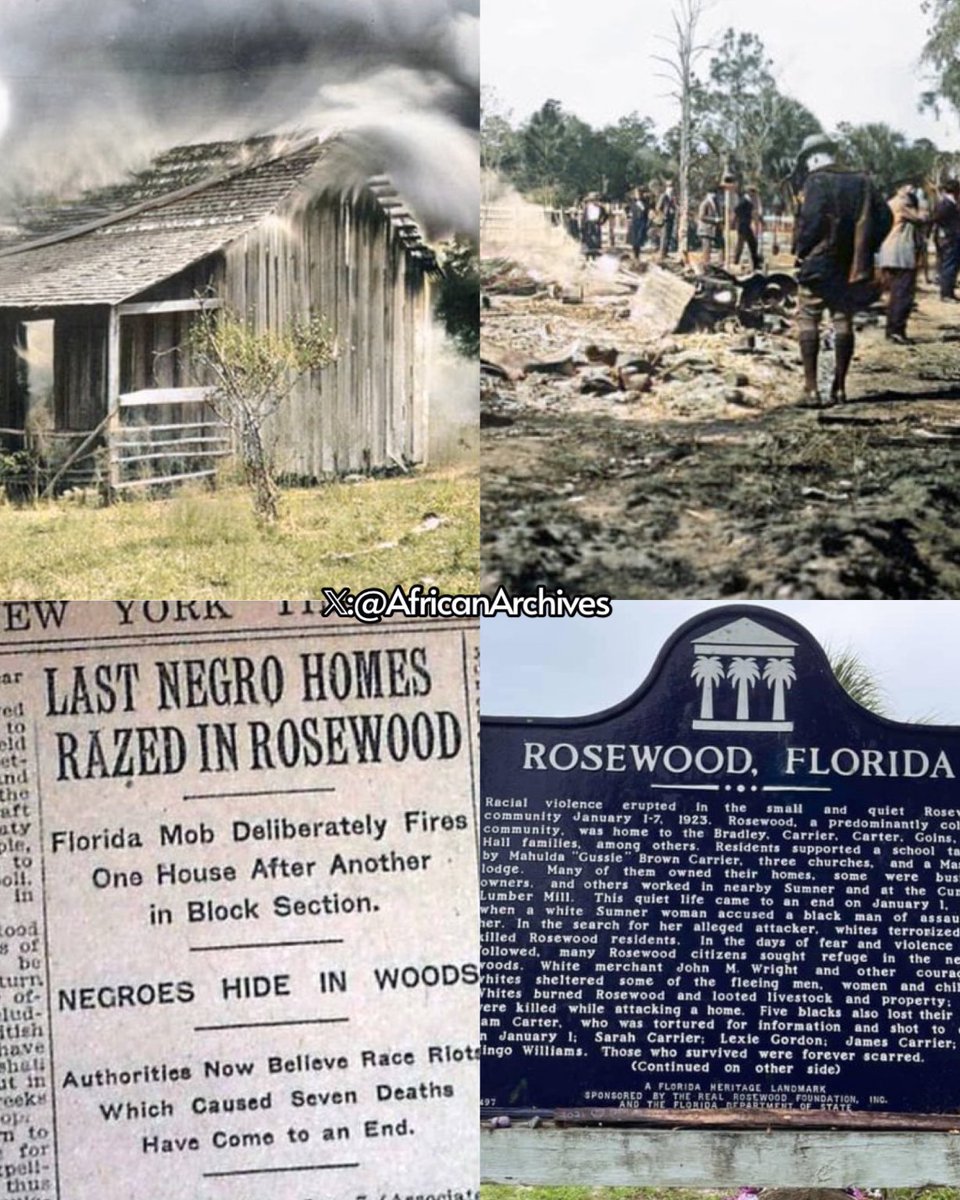In 1939 Billie Holiday recorded the first great protest song of the Civil Rights Movement, 'Strange Fruit’
The Chilling Story of Strange Fruit and Billie Holiday.
A THREAD!
The Chilling Story of Strange Fruit and Billie Holiday.
A THREAD!
"Strange Fruit" was originally a poem written by Jewish-American writer, teacher and songwriter Abel Meeropol, under his pseudonym Lewis Allan, as a protest against lynchings and later set it to music. 


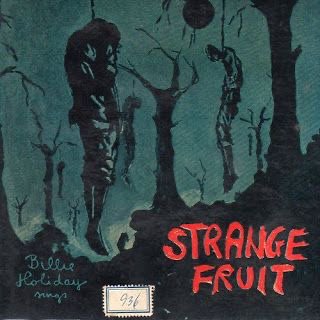
The song soon came to Billie Holiday's attention & after so many frequent requests of that song, she closed out EVERY performance with it. The waiters would stop serving ahead of time for complete silence, the room would darken, a spotlight would shine on Holiday's face… 

Radio stations in the South wouldn't play it, record labels wouldn't record it, BUT YET, the song rose in the charts
selling over I million copies. Despite the success, a government agency was determined to shut her down.
selling over I million copies. Despite the success, a government agency was determined to shut her down.
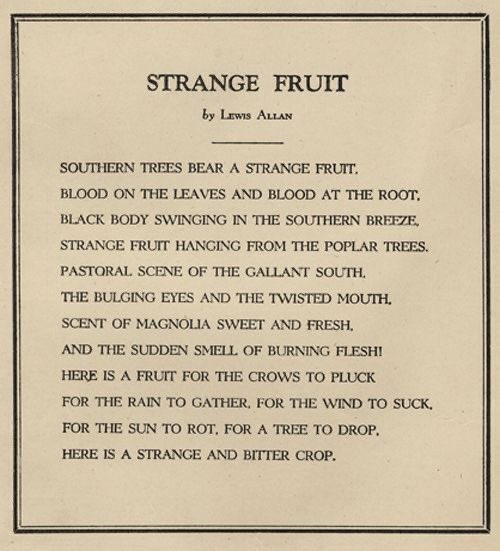
One night in 1939, she received a warning from the Federal Bureau of Narcotics to never sing the song. This order was led by commissioner Harry Anslinger. He had a mission to eradicate all drugs everywhere, and believed jazz music was the problem. His attack was racially led. 

Holiday's known struggles with alcohol, drugs, and vocal voice against white supremacy made
her a target. He sent undercover agents after her, including arranging for her abusive husband to set her up.
her a target. He sent undercover agents after her, including arranging for her abusive husband to set her up.
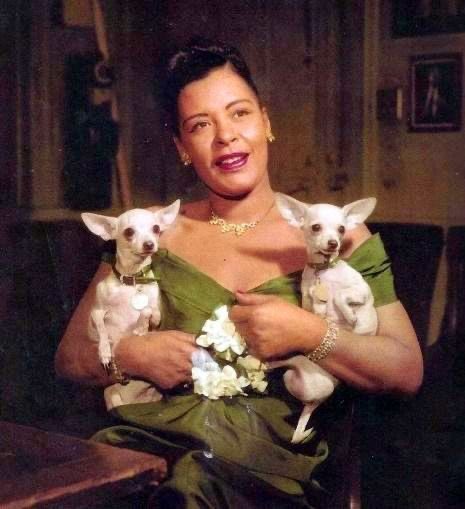
She was put on trial (The United States of America vs. Billie Holiday) just wanting to recover, but was sent to prison and her cabaret license was revoked. That didn't keep her
down. She continue to perform “Strange Fruit” even at a sold out show at Carnegie Hall.
down. She continue to perform “Strange Fruit” even at a sold out show at Carnegie Hall.
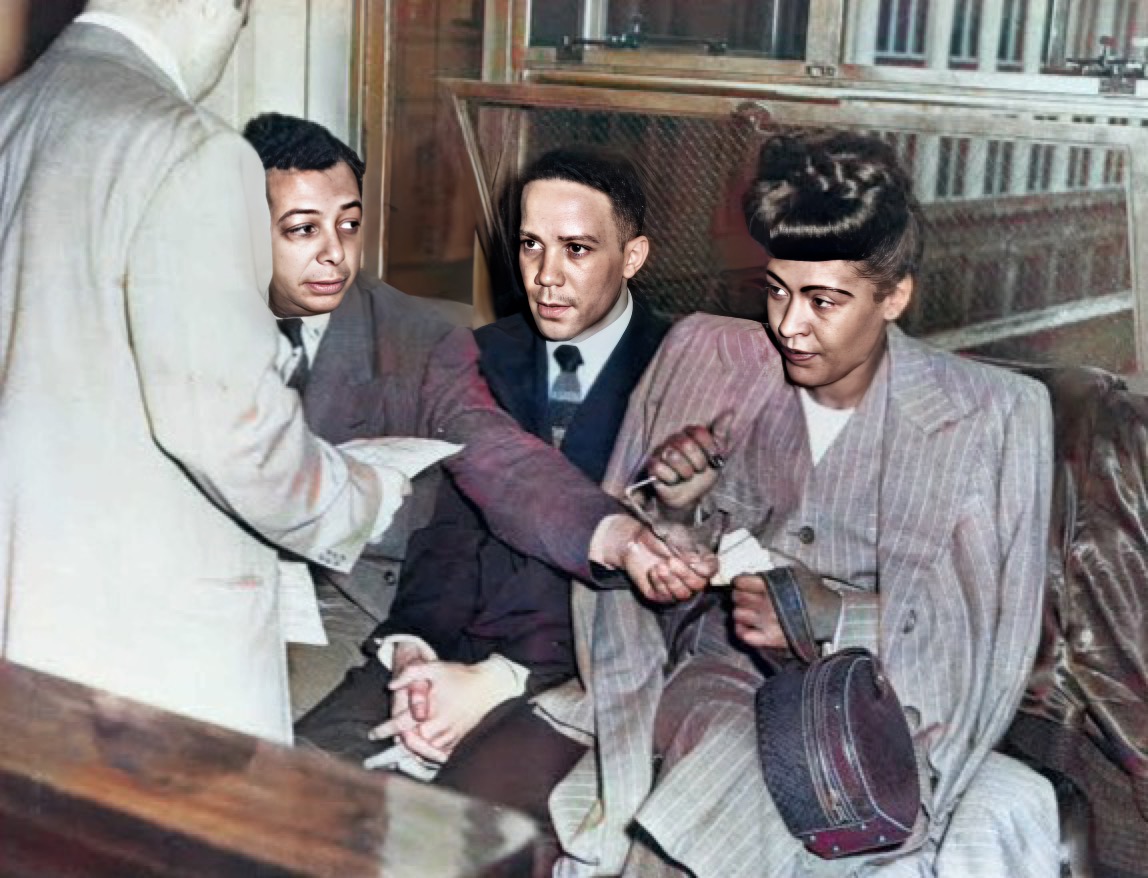
In 1959, Holiday collapsed and was sent to the hospital with liver disease and goes into heroin withdrawal. Her friend
managed to have the hospital give her methadone to help her recover.
managed to have the hospital give her methadone to help her recover.
Arslinger's team arrested her on her hospital bed cutting off her methadone medication after claiming to have found
heroin in her bedroom. I0 days later, Holiday died. 🕊
heroin in her bedroom. I0 days later, Holiday died. 🕊
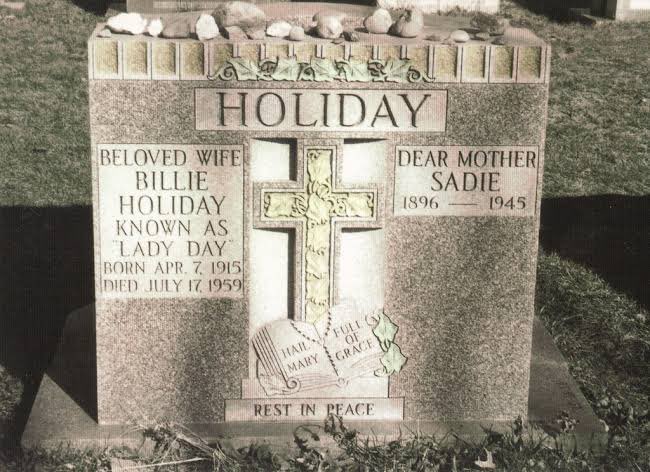
🖊️As the only admin behind this page, I try to research to educate. If you appreciate this effort, you can support to help the page thrive on . Your support is deeply appreciated! (Or just the ko-fi page for articles/posts roundup) ko-fi.com/africanarchives

• • •
Missing some Tweet in this thread? You can try to
force a refresh


